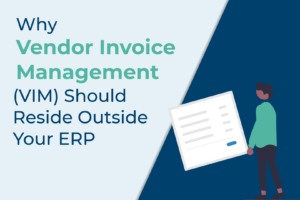Are your Corporate-wide restrictions on storage preventing you from maintaining a fully electronic document management system ?
Regardless of your industry: Entertainment, Pharmaceutical, Financial, Automobile, etc, centralized rules and regulations can cause a serious slow down in your Document Management System. For instance, the document retention policy for American companies is 3-5 years. If a US based company also has business in foreign countries, the general document retention policy is generally based on the American standard.
However, countries like Mexico and Argentina are currently developing new tax laws that require holding on to Fiscal reports for 10 years as a minimum. Ten years of transactions for a successful entity is thousands of Gigabytes worth of Hard disk memory.
System administrators in these Latin American countries need to figure out how to adequately cope with these limitations and fast, especially with the local governments applying the pressure. How does one maintain accurate record keeping for such a long period time? And with very limited storage capacity available in the ERP?

One idea is to wait until a record is 3-5 years old, print it so to have a crisp physical copy saved in a physical folder and then remove it completely from the electronic system. This document along with hundreds of others should be saved in an accurately labelled box for future reference with no guarantee that it will ever need to be accessed again. What are the chances? Still, you don’t want to assume the risk in case of an audit by the local authorities. Can this “hybrid” system guarantee full integration with the company’s ERP? Sure, if the personnel in charge of the physical filing are 100% accurate in doing so. In terms of speed, that depends on how fast they walk to and from the warehouse where these files are stored. This assumes that you are not paying a service to host these at a storage facility or that your warehouse is within the building you do business.
Do you need a Document Management System ?
A second idea, one that is as external to the ERP as the aforementioned warehouse storage hybrid system is a secondary electronic document management system—we’ll call this one System-1A. This system should be configured as a server with a Web interface that is hosted on a Microsoft SQL database for fast indexing and reliable search forms based on certain document properties. One Property in particular is very important, file location. The file location will then need to be fed back to the ERP DMS as a reference a long with a note indicating the file is over three years old. Now, instead of holding 10 years worth of fiscal documents in the ERP, you host a string of characters worth a few bytes storage per document. When needed, the end user clicks on the link from her ERP interface and is redirected to a web browser on her machine to display the old document.
Is your ERP DMS governed by a foreign country ? Would you like to know what we recommend in your specific case ? Reach out to us at your office of choice from below and let our specialist take care of you : Find a Symtrax office


